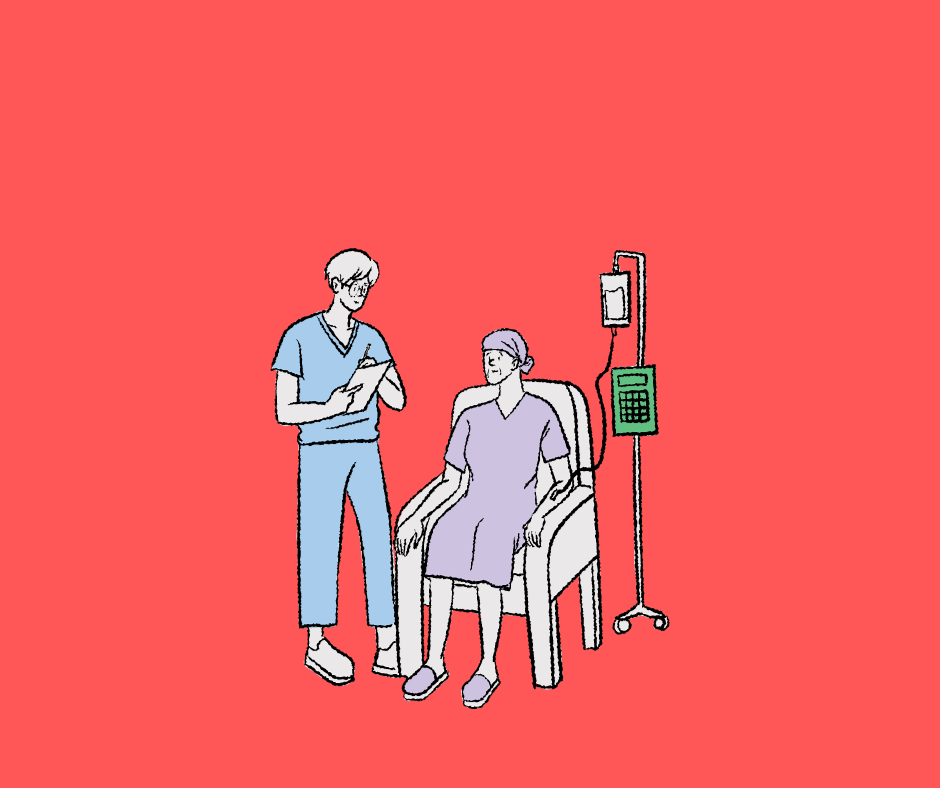The Importance of In-Home Care After Hospitalization

Introduction
After a hospital stay, transitioning back to the comfort of one's own home is a crucial step in the recovery process. However, this transition can often be overwhelming and challenging, especially for individuals with complex medical needs. This is where in-home care plays a pivotal role. In this article, we will delve into the various aspects of why in-home care is of paramount importance after hospitalization.
Moving from the structured environment of a hospital to the familiarity of one's own home can be a significant relief. However, it also brings about new responsibilities and potential risks. In-home care professionals are trained to facilitate this transition smoothly, ensuring that the individual's needs are met while maintaining a safe and supportive environment.
Individualized Care Plans
One of the key benefits of in-home care is the creation of personalized care plans. Unlike a one-size-fits-all approach in a hospital setting, in-home caregivers take into account the unique medical requirements, preferences, and routines of each individual. This tailored approach leads to more effective care and a faster recovery process.
Monitoring Vital Signs and Medications
In-home caregivers are equipped to monitor vital signs and administer medications as prescribed by healthcare professionals. This ensures that the individual's health remains stable and any potential issues are addressed promptly, reducing the risk of complications that could lead to rehospitalization.
Rehabilitation and Physical Therapy
For individuals recovering from surgery or managing chronic conditions, rehabilitation and physical therapy are often crucial aspects of the recovery journey. In-home care providers work closely with therapists to implement personalized exercise routines and techniques that aid in regaining strength and mobility.
Emotional Support and Companionship
Beyond physical care, in-home caregivers provide invaluable emotional support and companionship. This aspect of care is particularly beneficial for individuals who may be experiencing feelings of isolation or anxiety after a hospital stay.
Want help keeping track of all this? Then check out our Home Bound Checklist.

Dietary Guidance and Meal Preparation
Proper nutrition is a cornerstone of recovery. In-home caregivers offer guidance on dietary requirements and can assist in meal preparation, ensuring that the individual receives the nutrients necessary for a speedy recovery.
Maintaining a Safe Environment
In-home care providers conduct thorough assessments of the home environment to identify and address potential safety hazards. This proactive approach minimizes the risk of accidents or falls, creating a secure space for the individual to recover comfortably.
Reducing the Risk of Rehospitalization
Studies have shown that individuals receiving in-home care are less likely to be readmitted to the hospital. This is attributed to the focused and individualized care provided, which addresses the specific needs and challenges faced by the individual during their recovery period.
Benefits for Family Members
In-home care also alleviates the burden on family members who may be juggling multiple responsibilities. Knowing that their loved one is receiving expert care at home provides peace of mind and allows family members to focus on their own well-being.
Cost-Effectiveness of In-Home Care
Contrary to popular belief, in-home care can be a cost-effective alternative to extended hospital stays or residential care facilities. It eliminates many of the overhead costs associated with institutional care, making it an economical choice for many individuals and families.
Personalized Attention and Dignity
In-home care allows for a level of personalized attention that may be challenging to achieve in a busy hospital setting. This focused care not only promotes a quicker recovery but also upholds the individual's dignity and autonomy.
Enhancing Quality of Life
Ultimately, in-home care contributes to an improved quality of life for the individual. By receiving care in the comfort of their own surroundings, they experience a greater sense of control, familiarity, and overall well-being.
Conclusion
In-home care is a vital component of the post-hospitalization recovery process. Its individualized approach, focus on holistic well-being, and cost-effectiveness make it an invaluable choice for those seeking a smooth and supported transition back to everyday life.
FAQs
- Is in-home care suitable for all medical conditions?
- In-home care can be tailored to a wide range of medical conditions, but its suitability depends on the specific needs of the individual. A consultation with a healthcare professional can help determine the best course of action.
- How do I find a reputable in-home care provider?
- Researching and selecting an in-home care provider involves factors such as certification, reviews, and compatibility with the individual's needs. Seeking recommendations from healthcare professionals can also be beneficial.
- What if my loved one's condition worsens while receiving in-home care?
- In-home care providers are trained to monitor and respond to changes in the individual's condition. They will have protocols in place to escalate any concerns to healthcare professionals.
- Is in-home care covered by insurance or Medicare?
- In some cases, in-home care may be covered by insurance or Medicare, depending on the specific circumstances and eligibility criteria. It's recommended to check with the respective insurance provider for details.
- Can I request specific caregivers for my loved one?
- Many in-home care agencies strive to match caregivers with the preferences and needs of the individual. While specific requests can be made, availability may vary depending on the agency's resources.
